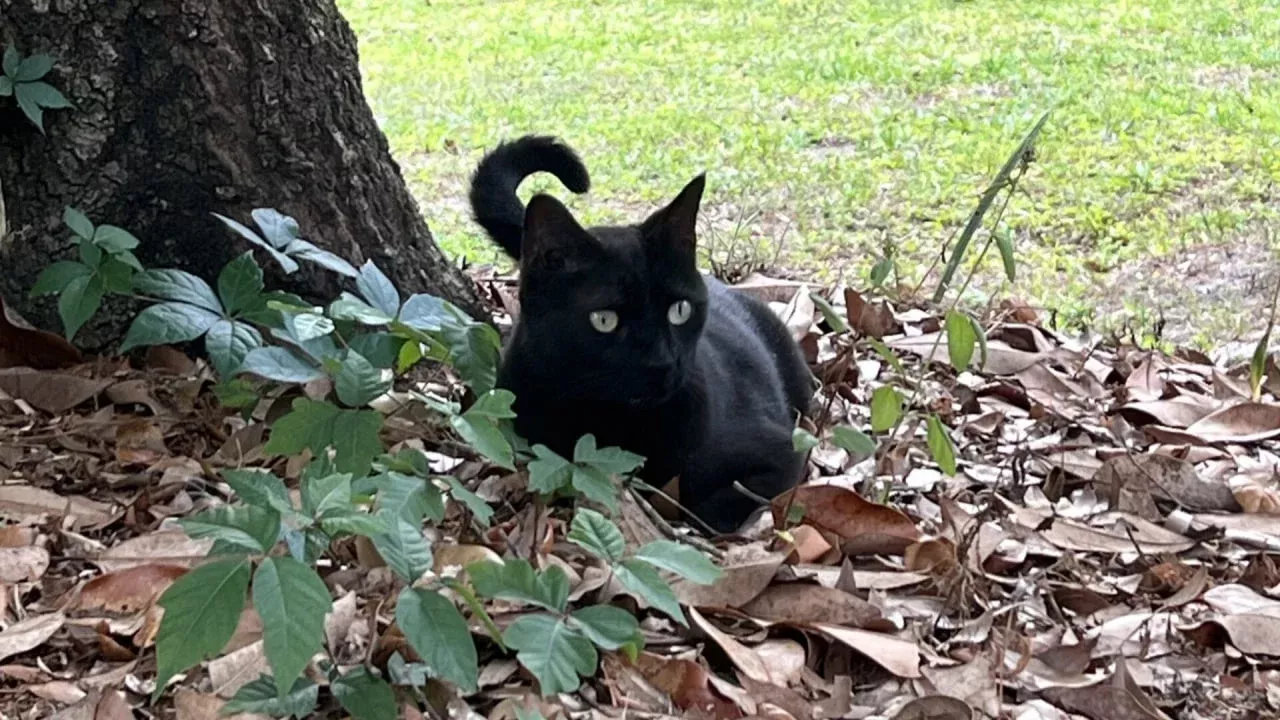The pepper cat has brought a new virus strain

A scientist living in the United States has a cat named Pepper that plays an important role in scientific research. This was reported by Zamin.uz.
According to virologist Jon Lednik from the University of Florida, Pepper has once again brought home a field mouse. The discovery of a new virus in this mouse is of great significance to researchers.
In previous studies, a virus belonging to the Jeylongvirus group was found in a mouse brought by Pepper. Now, a completely new strain of orthoreoviruses has been identified in the latest finding.
Research is confirming that this virus can spread among birds, mammals, and even humans. This situation encourages specialists in biology and virology to conduct deeper investigations.
Orthoreoviruses were first identified in the 1950s and were considered harmless for a long time. However, it later became known that this virus could cause encephalitis, meningitis, and intestinal diseases, especially in children.
The virus can spread through respiratory droplets or feces, meaning it affects the human body through the respiratory and intestinal systems. Currently, scientists are studying the genetic characteristics of the new strain, its impact on the human body, and its transmission routes.
Determining how the virus spreads and how dangerous it is is crucial for prevention. This event has revealed new facets of the complex relationship between nature and humanity.
Pepper the cat may continue its scientific activities and serve as a basis for new discoveries. This incident is an important test for modern biotechnologies and early virus detection technologies, reminding us once again of the fragility of the balance between humans and nature.







